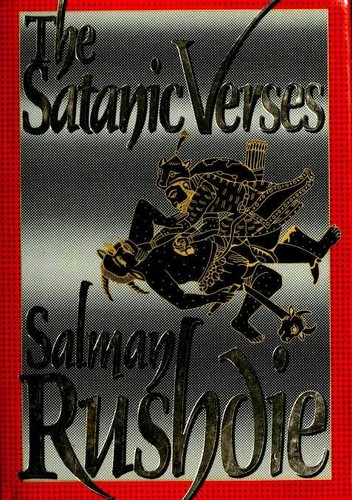Most writers are freelancers. In many places in the United States, you need the government’s permission, in the form of a business license, to be a freelance writer. Convincing the government to let you earn money writing generally requires paying money. This is a direct violation of the First Amendment’s guarantee of freedom of the press. You aren’t free if you need to pay for permission to earn a living. Don’t count on the courts to agree with you, though.
If you choose to incorporate, that’s a separate issue; this article applies only to sole proprietorships. By definition, incorporation involves registration with a government office.
Zoning can be another concern. In some places, people aren’t allowed to operate a business from their home, even if it has no impact on anything beyond its walls. You can try to stay under the radar, but a neighbor could snitch on you. I don’t cover zoning issues here.
Some states require a license to operate any kind of business, but freelance writing may or may not be considered a “business” for that purpose. To a large extent, governments realize it would be bad publicity to ban people from writing or fine them for lack of permission, but it can happen. I’ve seen people say on freelancer boards that their state required them to get a license.
Corrections and additional information in the comments are welcome.
(more…)
